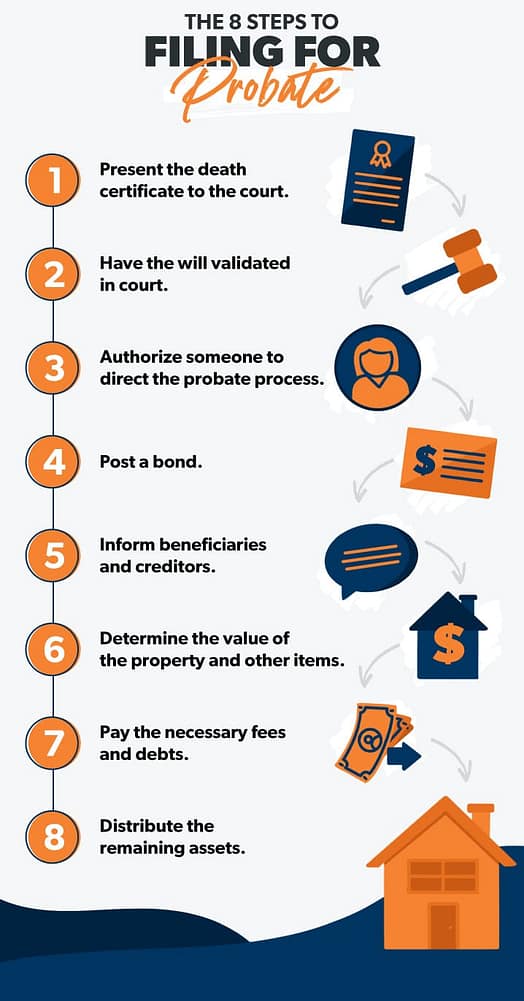Do you know what probate will ?
A will is a legal statement of a person’s intention to have his or her desires carried out after his or her death. A duplicate of a will be certified under the seal of a court of competent jurisdiction with a grant of administration of the testator’s estate is referred to as “probate”. Probate can only be awarded to the executor named in the will.
The caveat is a Latin phrase that means “let the reader beware.” In law, it can be described as a notification or a precautionary measure (usually in probate proceedings) that a certain matter will not be heard, a judgment will not be rendered, and an order will not be made without first hearing the person who filed the caveat. It can be done in an application that has already been created or that will be created in the future.
Is probate necessary for a registered will?
● Is it possible to carry out a will without going through the probate process?
In general, probate is recommended in all cases and is required in wills involving immovable property. According to the Indian Succession Act, 1925, if a will has been made by a Hindu, Sikh, Jain, or Buddhist within the territories of formerly non-partitioned Bengal, or territories falling within the jurisdiction of the High Courts of Madras or Bombay, then probate is compulsory.
Furthermore, if a will has been formed in the rest of India but the property is inside the region told before, a probate is required.
Moreover, no executor can utilize their privilege unless a judge of superior competence grants probate. This, however, is only required in the two scenarios listed above. It’s also a good idea to get probate if there’s an issue with the will or if the beneficiaries of the will have passed away before the testator. Aside from the aforementioned requirements, no probate is required, and a will can be carried out without one as well.

● If there is a will, do you need to go through probate?
According to the country’s laws, if there is no dispute about the will, it is not essential to go through probate. Probation, on the other hand, is desirable because it certifies the legitimacy of the will in question. If a person dies intestate, however, the legal heirs are frequently forced to go through the probate process in order to get a formal distribution of the property. Legal heirs may choose not to go through probate if there is a valid will, but they must go through probate if there is an intestate succession.
If you want to learn more about will. Do read this article – HOW TO CREATE THE WILL OF PROPERTY IN INDIA
FROM HEMANT K MIDHA

